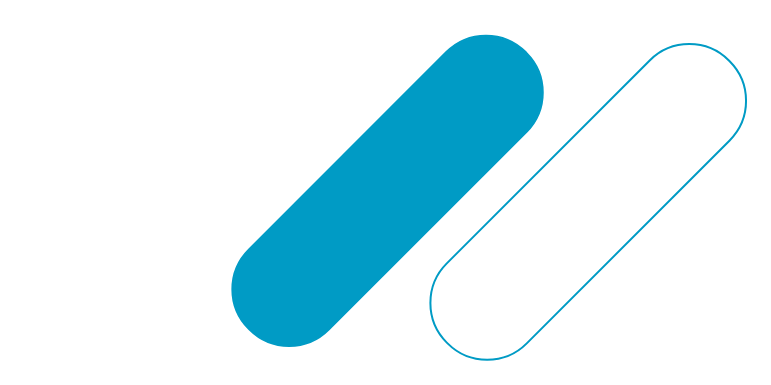Information.
Our Achilles Tendons allow us to stand on our toes, to walk, run and jump etc. It is the thickest and strongest tendon in the body as it attaches the heel to the most powerful muscle group in the body – these being the leg muscles and calf muscles in particular. The Achilles Tendon is subject to a person’s entire body weight with each step taken and anything up to twelve times body weight during a sprint and/or push-off from the starting block.

Some Causes of Achilles Tendon Injuries:.
Overuse, misalignment, improper footwear, medication side effects and/or accidents can all result in Achilles Tendon injuries. An increase in physical activity, altered foot biomechanics i.e. fallen arches or overpronation. Multiple causes often contribute to the same injury. Some injuries would be as follows: Achilles tendinosis (formerly called Achilles tendonitis) is a common injury among middle and long distance runners characterised by soreness and stiffness that comes on gradually and continues to worsen until treated. Men over the age of thirty are more prone to this type of injury. It often starts with stiffness and creaking when first getting out of bed in the morning. Achilles tendon rupture is a partial or complete tear of the Achilles tendon. It comes on suddenly, sometimes with a popping sound, and is debilitating. Partial and full Achilles tendon ruptures are most likely to occur in sports requiring sudden eccentric stretching such as sprinting and racquet sports.
Treatment Methods.
An Achilles Tendon injury is characterised as pain, tenderness and inflammation over the achilles tendon. The muscles in the calf can feel tight and the ankle can feel stiff when moving it up and down. If not treated early it can take time to recover, and rest from any aggravating activities is vital. The best way to prevent an Achilles Tendon injury is to stay in overall good fitness and warm-up, stretch and strengthen the Achilles Tendons. The best way to prevent an Achilles Tendon injury from getting worse is to address the injury immediately; it will get worse if not addressed and assessed by a Chartered Physiotherapist.
What we can do for you.

